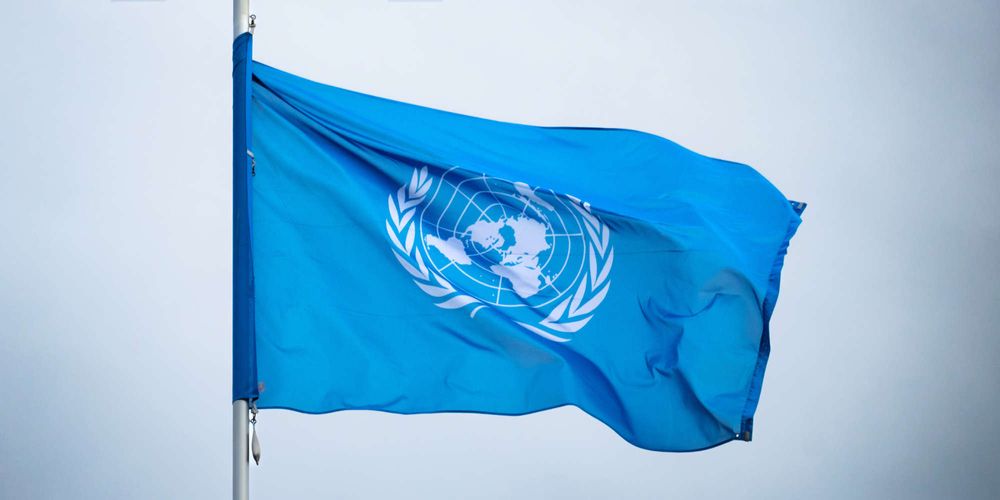Issue 57 • Week of February 19, 2023
One year ago this week, the largest war in Europe since WWII escalated from the 2014 Russian occupation of Crimea and Donbas into a full-scale invasion of Ukraine.
Some pundits are using this conflict to draw attention to the ineffectiveness of intergovernmental organizations (IGOs). The United Nations (UN) in particular has failed to end hostilities due to the veto power held by Russia as one of the five permanent members of the Security Council. The most stern message that member states have been able to send is a non-binding resolution passed this week 141-7 with 32 abstentions out of a total possible 193 votes from the General Assembly.
Fewer than 20% of all people worldwide live in fully free nations. Democracy, though still far more prevalent now than in earlier times, is in decline by every measure over the past decade.
One might be compelled to draw comparisons with the UN to its predecessor. Yet the League of Nations only lasted 26 years after WWI and failed to stop WWII when the Axis powers left. The United Nations has already survived three times as long (78 years) and has thus far achieved its primary goal of avoiding the scourge of another global war. Nuclear weapons have not been used since. Biological warfare and capacity have decreased considerably since the 1972 UN convention.
Considering these and additional successes on landmark treaties governing the sea and human rights among others, six in 10 Americans have a positive view of the UN. Most international opinions are even higher.
But the UN is far from perfect and its peacekeeping record is mixed at best. The global security we have taken for granted is increasingly precarious. Half of the respondents in a recent survey across 55 democracies believe another world war is likely within the coming years – even before Russia suspended its last nuclear treaty with the United States this week that we can only hope is mere posturing.
The last five secretary-generals have believed that UN reform is essential. None have delivered. The most palatable option to many is the addition of members to the Security Council, which seems rational given that the current slate was decided nearly 80 years ago. Contenders include Japan and Germany that have contributed the second and third most to the UN respectively since 1992, India which is home to more than a billion people and the third largest supporter of peacekeeping missions, and Brazil which could finally represent the Global South.
Yet each individual proposal is not without its opponents, and if any shared the same veto power as existing permanent members then that would prevent even more progress. Americans only need to look to our own history to find a similar example: the Articles of Confederation were doomed in part because any amendments had to be unanimous.
Is it time for an alternative to the United Nations?
This content is only available to members
Sign up for free to read the potential solutions for this topic and find out what you can do today for a better tomorrow or pre-order our second book that will compile 100 issues on making a difference.
Unlock contentAlready have an account? Sign In



